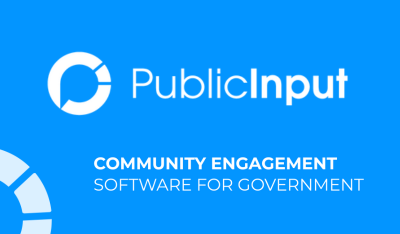Yesterday, an unprecedented attack on our nation’s capitol left many of us shocked, saddened, and discouraged.
How could this be real? A violent mob forcefully took control of the legislative chambers of the world’s most powerful democracy.
Former president George W. Bush summed up the shock succinctly by saying, “This is how election results are disputed in a banana republic – not our democratic republic.”
“Now What?”
These events undoubtedly raise questions and undermine confidence in the democratic process. It doesn’t take a pollster to know that it is a setback in the effort to build public trust in our public institutions – the institutions we serve every day.
In early conversations with peers and clients, I’ve heard worry.
“This was already an uphill battle.”
“What do we say?”
Most of all, it’s created a big question: “Where do we start?”
We start the same place we always start. At home. In our backyard. In the places we know best with people we know and understand.
“All politics is local.”
My grandfather, who served as mayor of my hometown, always had this saying: “All politics is local.” I never understood that as a kid, but I’m beginning to understand it now.
When our country faces dark times, the light is just within our reach – your reach – as public servants. At the national level, political ideologies can be abstract and divisive. But locally it’s tough for those divisions to get very far. Clean water, transportation, safety, basic sanitation, affordable housing, good parks, and good schools are not political issues – they are the operational necessities of functional communities.My friend Warren Kagarise, Digital Engagement Director at King County, perfectly expressed this in his November essay in ELGL:
“As the layer of government closest to the people, local government is uniquely positioned to face the challenge of preserving and growing trust in institutions.
The success of overcoming COVID-19, racial inequity, and climate change hinges on community-level decisions.
Put another way: We have no other choice.”
“No Home Runs.”
]I have a mentor who recently reminded me that when it comes to building trust, “There are no home runs, doubles or triples – just countless sacrifice bunts.”
Trust rarely emerges from one grand gesture, but rather from a long series of communications, engagements, acts of service, and closed feedback loops. We talk about this a lot in our work helping organizations develop a consistent engagement process.
While it requires a sustained effort, local and state organizations have a distinct advantage by engaging with the public in ways people can more easily see and understand. We already serve and directly interact with so many people; if we stop to become more intentional about how we use those interactions to educate, listen, and follow-up, trust grows.
History will look back at January 6th, 2021 as a strange and dark moment in American history.
However, if we recognize this moment for what it is, it will also mark a turning point when state and local government embraced its leadership role in building a more trusting, democratic society.



